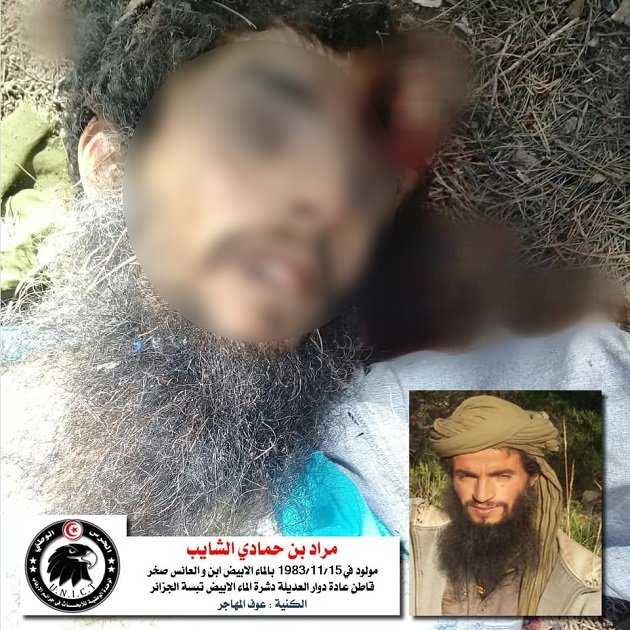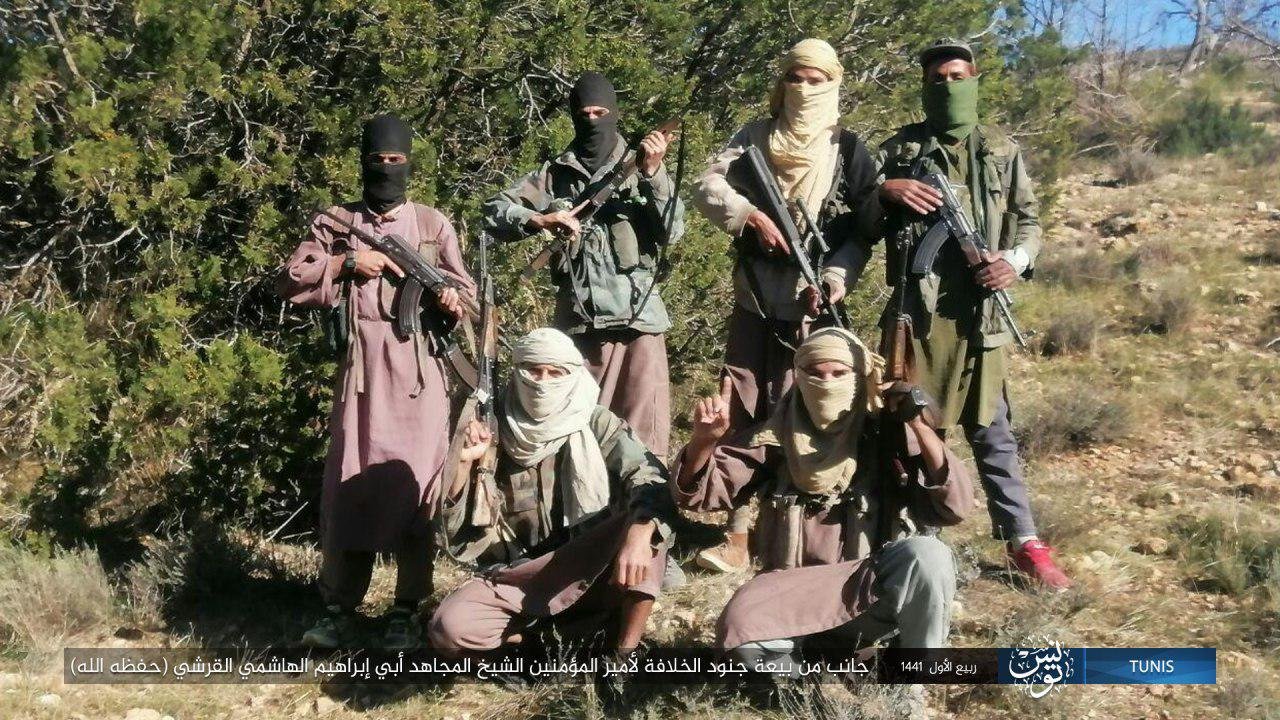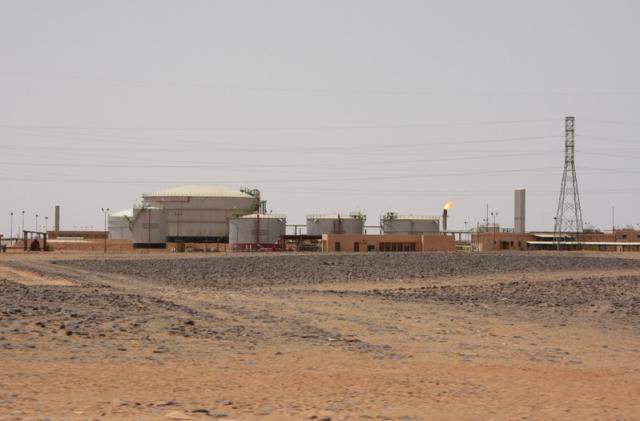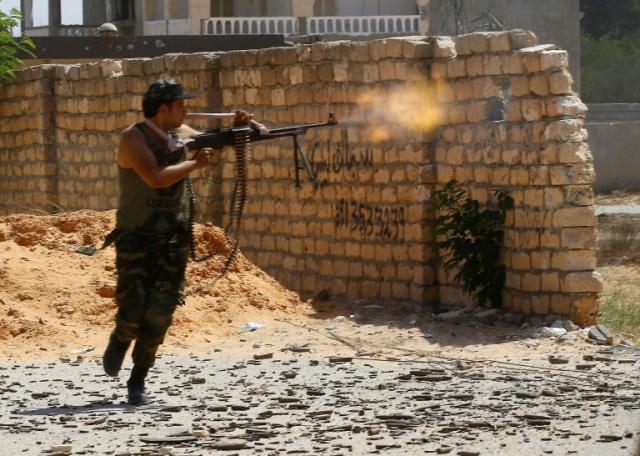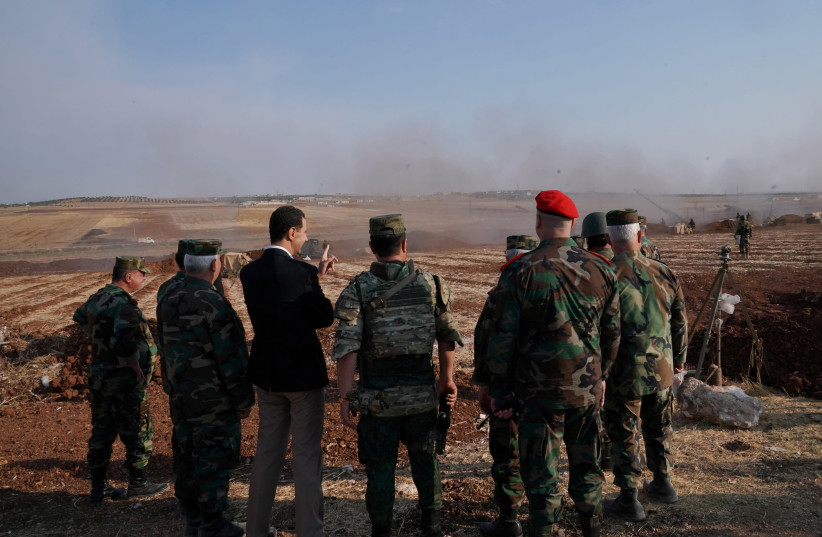Civilians caught in the crossfire as militias battle for Tripoli
https://www.amnesty.org/en/latest/n...the-crossfire-as-militias-battle-for-tripoli/
More than 100 civilians killed and injured; 100,000 displaced
UN arms embargo violations by UAE, Turkey and others fuel potential war crimes
Warring parties in the ongoing battle for Tripoli have killed and maimed scores of civilians by launching indiscriminate attacks and using a range of inaccurate explosive weapons in populated urban areas, Amnesty International said in a new report today.
In the first in-depth field investigation across the frontline since fighting broke out on 4 April, the organization visited 33 air and ground strike sites in Tripoli and surrounding areas. It unearthed evidence of
potential war crimes by both the UN-backed Government of National Accord (GNA) and the self-proclaimed Libyan National Army (LNA), who have been fighting in and around the city.
Our on-the-ground investigation on both sides of the frontline revealed a systematic disregard for international law fuelled by the continued supply of weapons to both sides in violation of a UN arms embargo,” said Donatella Rovera, Senior Crisis Response Adviser at Amnesty International.
“Scores of civilians have been killed and injured as both sides use everything from Gaddafi-era unguided rockets to modern drone-launched guided missiles in attacks that could amount to war crimes,” said Brian Castner, Amnesty International’s Senior Crisis Adviser on Arms and Military Operations.
First investigation on both sides of Tripoli frontline
Amnesty International investigators were on the ground in Libya from 1 to 14 August, and visited both sides of the conflict in and around Tripoli, Tajoura, Ain Zara, Qasr Bin Ghashir and Tarhouna. They interviewed 156 residents, including survivors, witnesses and relatives of victims, as well as local officials, medical workers and members of militias.
Amnesty International experts in remote sensing, weapons and ordnance, photographic and video verification, and members of its Digital Verification Corps also carried out an open source investigation into many of the strikes.
GNA and LNA officials have not responded to questions Amnesty International sent about their strikes.
Air strikes, artillery barrages and shelling have struck civilian homes and other key infrastructure, including several field hospitals, a school, and a migrant detention centre, and have forced the closure of the Mitiga airport, Tripoli’s sole international air link.
Children as young as two years old playing outside their homes, mourners attending a funeral, and ordinary people going about their daily activities were among those unlawfully killed or injured.
What kind of war is this, killing civilians, families, in their homes? What can we do? May God help us.
A woman whose husband was killed when a rocket hit their home.
Her husband, a 56-year-old father of six, was killed when a rocket struck his own bedroom where he was resting after returning home from playing football.
It was part of an indiscriminate attack launched by the LNA on the Abu Salim neighbourhood just before 11pm on 16 April, 2019. The salvo of six notoriously inaccurate ground-launched
“Grad” rockets rained down over several city blocks, killing eight civilians, injuring at least four more, and leaving the survivors badly traumatized.
A GNA
artillery attack on the densely populated civilian neighbourhood of Qasr bin Ghashir at around 12.15pm on 14 May, 2019, hit a three-storey building, killing at least five civilians and injuring more than a dozen. Many people were moving about the area at the time to attend the funeral of a well-known neighbour.
GNA air strikes in Qasr Bin Ghashir and Tarhouna have also hit civilian homes and infrastructure, utilizing
FAB-500ShL unguided “parachute” bombs. With a blast radius of over 800m, this weapon is completely inappropriate for use in urban areas.
the use of unguided, large explosive weapons.
LNA attacks have also damaged or destroyed several ambulances and field hospitals used to treat wounded fighters.
Medical workers and facilities – including those treating sick or wounded fighters – have special protection under international humanitarian law and should not be targeted.
ave used
field hospitals and medical facilities for military purposes, thereby rendering them vulnerable to attacks.
The deadliest such attack was a missile strike on a field hospital near the closed Tripoli International Airport on 27 July 2019 that killed five medics and rescuers and injured eight more. Based on Blue Arrow 7 munition fragments
found at the site and other evidence
Amnesty International determined that the strike was launched from a
Chinese Wing Loong drone


